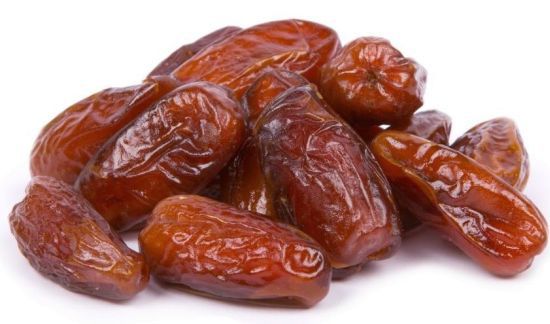
Cholesterol, a fatty substance made by the liver and distributed throughout the body, is essential for the body to function properly. Cholesterol allows the body to make vitamin D and hormones, and makes up bile acids.
Too much of it, however, or high cholesterol means there is more in the blood than the body needs. When this happens, it becomes harmful to the body, particularly the heart, according to health experts.
On the relationship between high cholesterol and heart diseases, Dr Fidel Okite, a medical practitioner explained: “Lipoproteins are what moves cholesterol through the bloodstream- we have the LDL (low density lipoproteins) that transport cholesterol around to where it’s needed and the HDL or high density lipoproteins, known as ‘good cholesterol’. If there’s too much cholesterol, (the LDL variety), it may be deposited into the arteries causing plaques which can narrow the coronary arteries. As these narrow, it is harder for blood to make it through to the heart. If an area of plaque breaks open, it can result in a blood clot, which can block blood flow altogether. This puts you at great risk of having a heart attack.”
Speaking further, he added: “Strokes can also occur due to plaque buildup in the arteries which carry blood to the brain. When the brain is deprived of oxygen, brain cells quickly become damaged and start to die resulting in strokes. A stroke can cause brain damage, disability or death.
For those prone to high cholesterol, a nutritionist, Chioma Frederick, recommends a diet rich in foods that will reduce the amount of LDL in the body. “You will need to adjust your diet if you have been diagnosed with high cholesterol in your bloodstream because of the health implication. It can cause heart attacks or strokes.
Heart Foods
Frederick advises those with high cholesterol to go for foods rich in fiber, polyunsaturated fats, which directly lower LDL and those that contain plant sterols and stanols. “If you have been diagnosed with high cholesterol and you wish to bring it down, you should eat high fibre foods and cut down on saturated fats. Beans are highly recommended, as they are rich in soluble fiber. They also take a while for the body to digest, thereby making you feel full for longer after a meal. Eggplant or garden egg and okra are also good sources of soluble fibre. These are readily available in our local markets and can be prepared in a variety of delicious dishes.”
To her, certain foods which contain saturated fat and trans fat such as red meat, whole-fat dairy products, margarine and eggs should be avoided by those with high cholesterol. “These saturated fat rich foods are the major contributors of LDL in the bloodstream. So, they should be avoided or taken in very little quantity. The same applies to some oils like vegetable oils such as palm oil, coconut oil, and cocoa butter. Instead, go for olive oil, sunflower oil, canola oil, corn oil and mustard oil,” she stated.
She also recommended sweet potatoes, walnut, almonds, red wine, salmon, tuna, fruits such as oranges, grapefruits and watermelon, oatmeal, flaxseed, low fat yoghurt, cherries among others.
“Instead of red meat, opt for oily fish such as tuna and salmon. Salmon is heart-friendly as it is rich in omega-3. Omega -3 are healthy fats that can stop heart rhythm disorders as well as lower blood pressure,” she said.
Nuts are rich in fibre, plant sterols and heart healthy fats and are good for the heart, she added.
A small handful of walnuts a day, Frederick said, may lower your cholesterol. “It may also protect against inflammation in the heart’s arteries. Walnuts are packed with omega-3s, healthy fats called monounsaturated fats and fiber. The benefits come when walnuts replace bad fats, like those in chips and pastries.”
Almonds may also help lower “bad” LDL cholesterol so they should be taken regularly as well for a healthy heart.
END

Be the first to comment